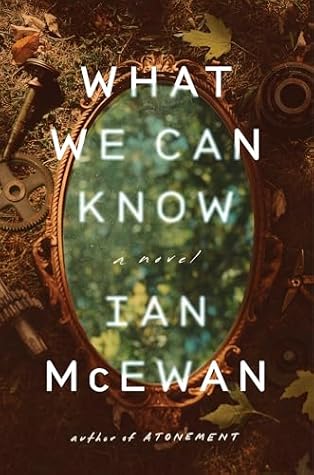More on this book
Community
Kindle Notes & Highlights
Apart from the shopping, we know little of the preparations for the evening that would come to be known as the Second Immortal Dinner. The first, so named by its host, the painter Ben Haydon, took place at 22 Lisson Grove, London on 28 December 1817. Among the guests were William Wordsworth, John Keats and Charles Lamb.
The issue was not a lost birthday poem read after dinner, it was what the poem by its non-existence had become: a repository of dreams, of tortured nostalgia, futile retrospective anger and a focus of unhinged reverence.
Jane entered the well-trodden labyrinth of fondness and resentment towards her brother, one she could never escape.
the rain was coming down heavily, swelling the clay puddles and hammering on the car’s roof,
Grief is a dream-state. The linear markers of ordinary time and daily obligations are wrenched apart. All significant ties lead to the recent past, to a sudden absence and to a struggle with what could or should have been. There’s a sameness to the days which accelerates their passing, and a sameness in the pattern of memories that makes them unbearable even as they must be visited again and again.
It was not true that travel was a false god and that you took your troubles with you and nothing could change. There was the unimaginable and unforeseen thrill of being away, of renewal, and remembering that the world was huge and various, and you and your concerns were small.
The crowning sonnet anticipated the ultimate farewell and assumed the tone of a poised and solemn valediction. But it also contained a fond invitation. From Francis to me. We have loved each other for many years. According to the poem, we are growing old and do not have long to live, and what’s most important for us now is to wander together through our home, this earth, and, before we part forever, remind ourselves of the beauty and delight of living things and how deeply we are bound to them. The poet called up the ghost of Darwin – ‘There is grandeur in this view of life’. In our physical
...more


